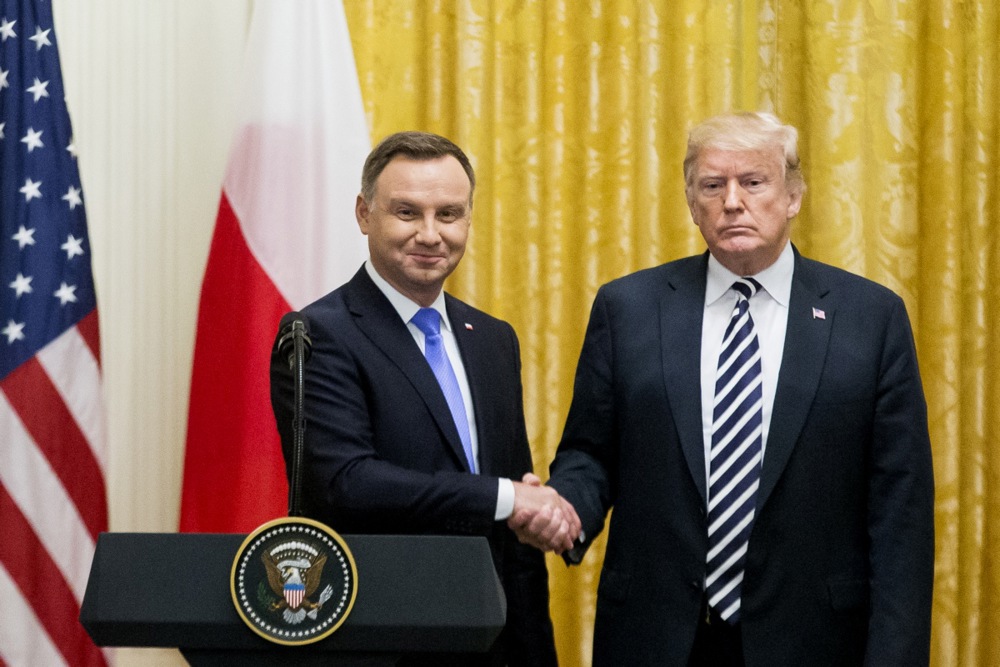Sławomir Mentzen, presidential candidate for Poland’s radical-right Confederation party, has pledged that if elected he would turn the country into a “cryptocurrency haven” and create a “strategic bitcoin reserve”.
On November 17, Mentzen took to X to promise the creation of the bitcoin reserve, similar to the one proposed by now-US President-elect Donald Trump during his election campaign earlier this year.
Trump pledged to make his country the “crypto capital of the planet” and to also create a bitcoin “strategic reserve”. The price of bitcoin and other cryptocurrencies surged on news of his election victory.
Mentzen in his post on X: “Now I am running for president of Poland I propose that Poland should keep part of its currency reserves in bitcoin.”
“If I become the president of Poland, our country will become a cryptocurrency haven, with very friendly regulations, low taxes, and a supportive approach from banks and regulators.”
Mentzen himself owns 33.7 bitcoin, worth nearly $3 million (€2.83 million) at current prices. He said he bought the cryptocurrency in 2013 when it was priced at close to $600 (€566) each.
In a separate X post, Mentzen highlighted that he had consistently argued in favour of bitcoin. He recalled how when running for the mayor of the northern Polish city of Toruń in 2018 he had proposed that municipal offices and schools should be used to “mine” bitcoin, with the heat generated being used to warm buildings.
Bitcoin mining, a process for validating transactions involving the cryptocurrency and maintaining the blockchain to record them, involves large amounts of computational power which generates heat.
“Freeing cryptocurrencies” is one of the planks of Mentzen’s electoral programme. In it he pledged to “ensure that Poland has the most cryptocurrency-friendly law in the entire EU, thanks to which we will become a European hub for companies in this industry” but he did not specify how he would do this.
Confederation is a federation of three political parties encompassing economic Liberalists led by Mentzen, as well as nationalist Conservatives and traditional-values Catholics.
It won just over 7 per cent of the last vote and 18 out of 460 parliamentary seats in 2023’s parliamentary elections but did much better, polling 12 per cent in the European Parliament elections in June this year and is polling consistently above 10 per cent in latest opinion surveys.
Mentzen’s chances of victory, therefore, appear slim. Should he manage to get more than 10 per cent of the vote and come third in the first round of voting, then the two top candidates, likely to be from Prime Minister Donald Tusk’s Liberal KO and the opposition Conservatives (PiS), would need to court Mentzen and his party for votes in a resulting run-off.





